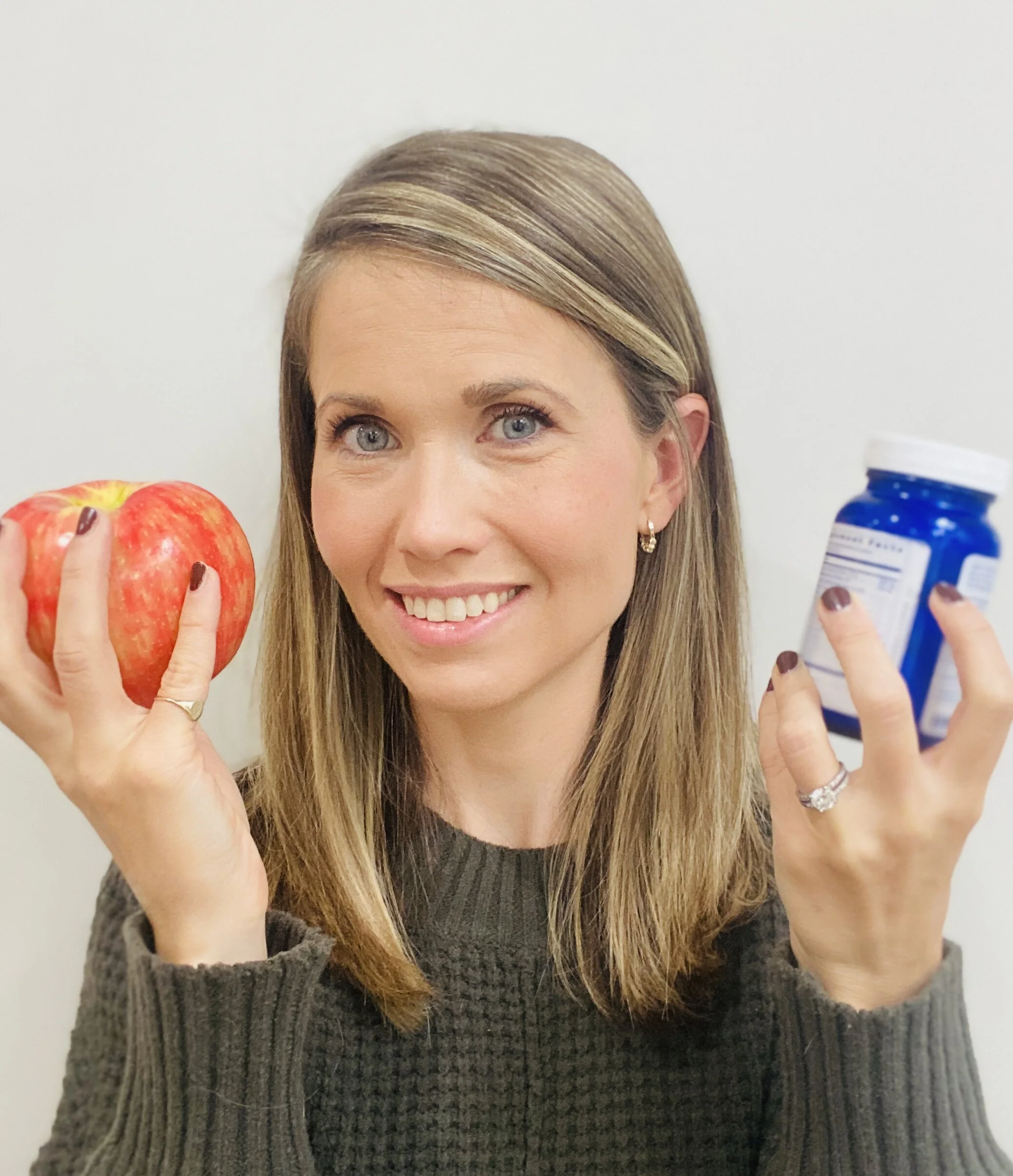Optimize Your Immune System
In the midst of COVID-19 and with the flu season on the horizon, many are interested in boosting their immune system. While supplements may come first to mind, a multi-pronged lifestyle approach is your best bet at ensuring your immune system is armed and ready. The immune system is one of the most complex and connected in our bodies and functions best when elements are in balance. By the same regard, its functioning depends on a systematic approach to optimizing our lifestyle. Nutrition does play an integral role, but so do other lifestyle habits.
Sleep is a time for our immune system to recharge too.
Most of us are aware that sleep is a time for our bodies to recharge. While we sleep, our immune system releases substances (cytokines) that help communicate and trigger a response against infection. We also know that poor sleep can directly impact our food choices and risk of chronic diseases, which also have implications for our immune functioning. For my top recommendations on optimizing sleep, check out my post.
Stress temporarily suppresses our body’s ability to fight off invaders.
Have you ever gotten sick on vacation? When we are stressed, our body releases a hormone (cortisol) to suppress inflammation and the action of white blood cells. In doing so, it limits our response to infection. When our stress levels drop (as on vacation), our body can finally mount a response which leads to our symptoms. To allow our immune system to efficiently and effectively fight off unwanted invaders, stress management is key. If you’re in need of some stress management techniques, I have a post dedicated to it.
Exercise improves efficiency.
Indirectly, exercise can reduce stress levels and risk of chronic disease therefore reducing our susceptibility to and improving our recovery from infection. More directly, exercise can enhance circulation, allowing our immune cells and substances to effectively move throughout the body to fight invaders.
A nutrient rich diet is crucial to the system’s functioning
While there isn’t a magic food or nutritional formulation known to combat COVID-19, we can support our immune system by eating a balanced diet rich in fruits and vegetables and limited in processed items. Additionally, there are a handful of nutrients known to play an integral role in our immune system. Optimal nutrition can better prepare the body for infection and combating excess inflammation.
Vitamin A & Beta Carotene: Playing a crucial role in tissue formation and repair, this micronutrient keeps the tissues directly exposed to infection healthy (our skin, lungs and digestive tract). Best sources of vitamin A include yellow and orange vegetables such as carrots and sweet potatoes as well as bell peppers and spinach.
Vitamin E: Being a powerful antioxidant, vitamin E can help reduce excess inflammation in the body. Including nuts and seeds and vegetable oils in your diet are the best ways to maximize intake of this nutrient.
Vitamin C: In addition to being an antioxidant, vitamin C is also crucial for the formation of immune proteins such as antibodies which are necessary to fight infection. While citrus fruit is known to be an excellent source, strawberries, red bell pepper and kiwi are also top contributors.
Zinc: Zinc is well known for its role in wound healing and is required by many zinc-dependent immune proteins. This mineral is found in highest concentration in oysters, but is also found in other protein sources such as red meat and poultry, beans, nuts and seeds.
Protein: Amino acids derived from the protein we eat are necessary for the building block of immune proteins. Similar to its role in exercise, protein is also crucial for repair and recovery.
